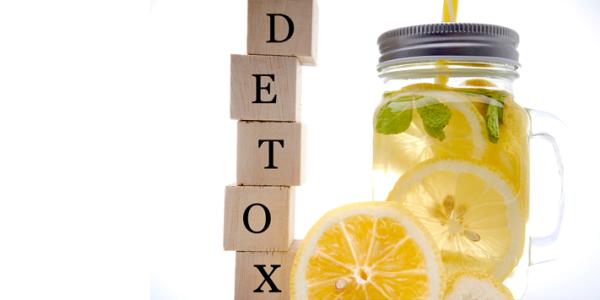
Detoxification (or detox) diets are very popular right now — you may have even seen celebrities advertising detox teas and other products on social media.
But despite their growing popularity, there is no evidence that detox products actually eliminate toxins from the body.
Before it was adopted as a dieting term, the word “detox” used to refer to the medical practice of removing harmful levels of alcohol, drugs or poisons from the body. When patients are treated for a medical detox, they are typically admitted to a hospital or treated at a clinic. Now, detoxing is often used to describe a type of do-it-yourself cleanse that aims to remove supposed toxins from the body that cause symptoms like bloating, headaches and fatigue. There are many different types of detox diets and products, but they generally involve a strict diet of vegetables, fruits or fruit juices, and water in between periods of fasting. Other detox diets may also recommend buying other — often expensive — herbs and supplements or doing a colon cleanse to empty the intestines.
Besides the fact that detox diets don’t have any scientifically-proven health benefits, detox products are also largely unnecessary. The human body is built to naturally protect itself from harmful substances. The liver works to cleanse the blood, processing and then eliminating toxins from the body. And the liver isn’t the only organ that works to eliminate toxins from the body — the body also removes toxins through the kidneys, lungs, intestines, lymphatic system and skin.
If you are experiencing exhaustion, bloating or other unwanted health symptoms, think about maintaining your overall health to help your body naturally detox. Eating healthy, nutritious meals, drinking plenty of water, exercising regularly and getting enough sleep can all help your overall health. If you still have concerns, talk to your doctor about your options before considering a detox diet. Your body — and your wallet — will thank you!
This article first appeared in the May 2019 edition of the HealthPerks newsletter.

